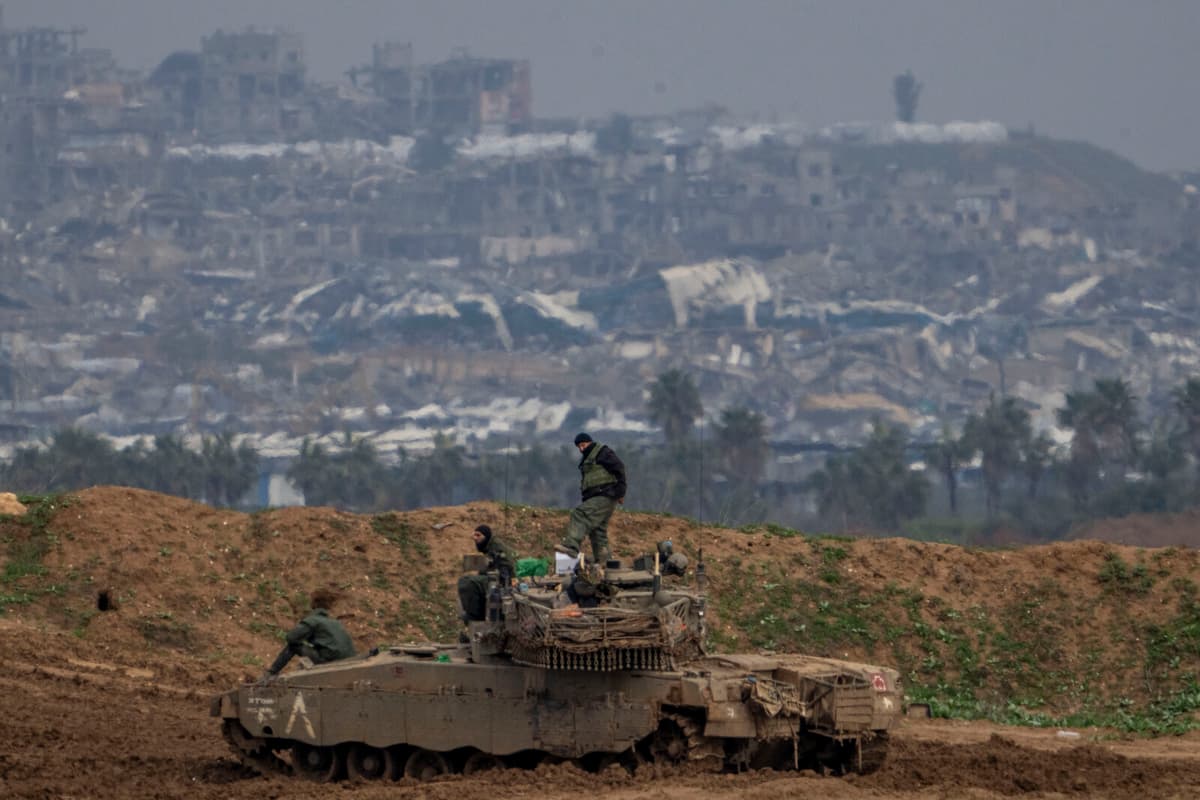It is crystal clear that the restart of the war has political reasons and not security reasons, says Guy Poran, a retired former pilot in the Israeli air force, to AP.
He is one of nearly 1,000 reservists in the air force who signed a protest letter last week, criticizing the Israeli government's decision to continue the war and bombings of the Gaza Strip.
The military leadership struck back by dismissing all who signed, but then the protests grew in strength.
Partly, around 10,000 reservists and veterans from various branches of the military and security services have signed similar protests. Partly, they have received support from tens of thousands of Israelis in other parts of society in similar letters.
Facing a dilemma
Israel broke the ceasefire with Hamas on March 18 and around 1,700 people are reported to have been killed in the continued attacks.
According to Israel's Prime Minister Benjamin Netanyahu, it was necessary to continue the war to get the Palestinian Islamist movement to give in and release the hostages. Many, including relatives of the kidnapped, say that the hostages are instead exposed to greater danger.
There are around 10,000 militarily active who have joined the resistance in the military ranks. However, the protests are not accompanied by threats of refusal to serve. A large majority of the signatories have retired.
A military source who has requested anonymity to speak freely with AP says that the protests are being taken very seriously internally. The source notes that it is becoming increasingly difficult to get reservists to report for duty.
The military leadership is facing a dilemma, according to Eran Duvdevani, who got 2,500 former paratroopers to sign a protest letter:
If they continue to dismiss the pilots, how will it be with all the others who signed the letters? Should they also be dismissed from service?
Extreme influence
Benjamin Netanyahu's government, which stands and falls with ultra-nationalist support parties, is reported to have tightened an ideological grip on a military that has long served as a unifying force in Israeli society.
About 40 percent of all newly graduated officers come from orthodox and nationalist minority groups, says military historian Yoram Peri to The New Yorker.
Netanyahu's reshuffles in the military leadership follow the same pattern, according to Peri:
A professional, secular army is not their goal. Nor is a secular democratic society.






